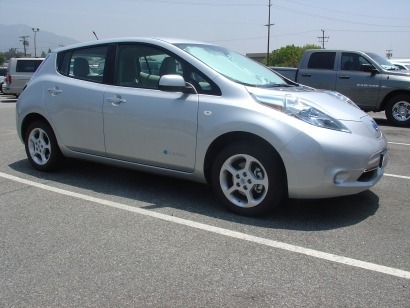
Failure to enhance and develop the UK market for EV’s could mean that Britain misses out on jobs, economic growth and exports the IPPR has warned in a newly released report.
At present the country has the fifth most competitive automotive industry in the world but two thirds of the global economy is now covered by the low emissions standard which is something that Britain must capitalise on.
The IPPR report, ‘Leading the charge: Can Britain develop a global advantage in ultra-low emission vehicles?’, explains that EV’s can reduce motoring costs, particularly within large organisations that run large fleets of vehicles. The government should spearhead a move to exploit this opportunity while supporting the growth of the low carbon vehicle sector by implementing an “active industrial policy” with the creation of an advanced propulsion centre, funded by grants, fees and R&D tax credits, to spur innovation in the sector.
The report also recommended that the government give borrowing powers to a British Investment Bank and criticised the Funding for Lending scheme on the basis that it has failed to support SME’s in the automotive industry.
“Britain is now in the elite of global car makers with the fifth most competitive automotive industry in the world” said IPPR associate director Will Straw, “but demand for electric vehicles in the UK has fallen behind most other European countries and the US. Britain is on the starting grid but now it’s time to get moving. Industry needs stability and support if it is to invest and make the UK a leading exporter of electric cars and other ultra low emission vehicles. We need a political consensus to guarantee funds to the end of the next Parliament and a commitment from all political parties that any underspend will be rolled over until those funds are exhausted.”
The IPPR also recommended incentives to encourage students to take up engineering courses while making it easier for highly skilled foreign engineering graduates from outside the EU to remain in the UK. The £400 million current spent annually by the government on cars should also be redirected to low emission vehicles with a target to make all government procured vehicles emit less than 95g CO2 per kilometer by 2020.
Further information:

